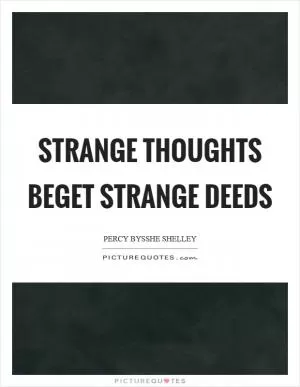Revenge is the naked idol of the worship of a semi-barbarous age

Revenge is the naked idol of the worship of a semi-barbarous age
The quote “Revenge is the naked idol of the worship of a semi-barbarous age” is a powerful statement that reflects the views of Percy Bysshe Shelley, a renowned English poet and philosopher of the Romantic era. Shelley was known for his radical ideas and his belief in the power of love and compassion over violence and revenge.In his works, Shelley often explored themes of justice, morality, and the human condition. He believed that revenge was a destructive force that only perpetuated a cycle of violence and hatred. Instead, he advocated for forgiveness, understanding, and empathy as the keys to a more peaceful and harmonious society.
Shelley’s disdain for revenge can be seen in many of his poems and essays. In his famous work “Prometheus Unbound,” he portrays the character of Prometheus as a symbol of resistance against tyranny and oppression. Prometheus chooses to defy the gods and suffer their wrath rather than seek revenge for the injustices done to him. This act of selflessness and compassion ultimately leads to his liberation and the triumph of love over hate.
Similarly, in his essay “A Defence of Poetry,” Shelley argues that poetry has the power to elevate the human spirit and inspire people to transcend their baser instincts. He believed that art and literature could awaken the moral conscience of society and lead to a more enlightened and compassionate world.
Shelley’s rejection of revenge can also be seen in his personal life. Despite facing numerous hardships and betrayals, he chose to respond with kindness and forgiveness rather than seeking vengeance. This attitude of forgiveness and understanding is reflected in his poetry, which often celebrates the beauty and wonder of the natural world and the power of love to overcome all obstacles.












 Friendship Quotes
Friendship Quotes Love Quotes
Love Quotes Life Quotes
Life Quotes Funny Quotes
Funny Quotes Motivational Quotes
Motivational Quotes Inspirational Quotes
Inspirational Quotes